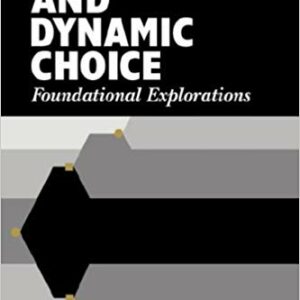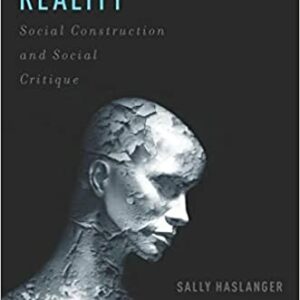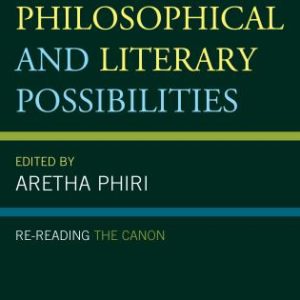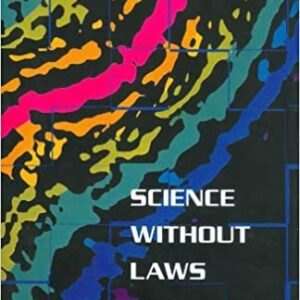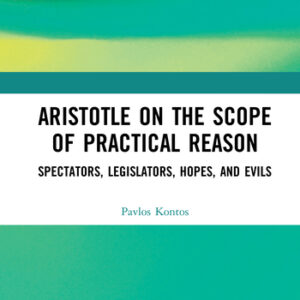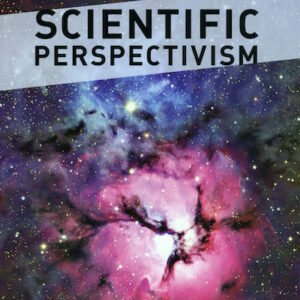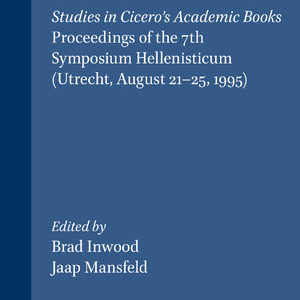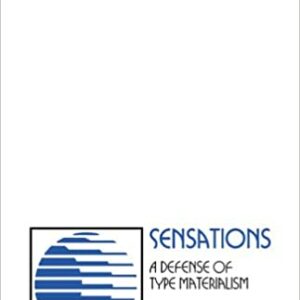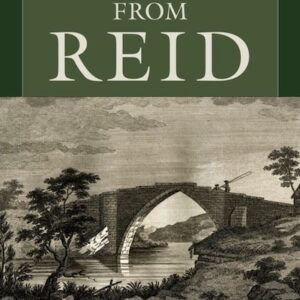
Problems from Reid
By James Van Cleve (NHC Fellow, 1990–91; 2011–12) James Van Cleve here shows why Thomas Reid (1710-96) deserves a place alongside the other canonical figures of modern philosophy. He expounds Reid's positions and arguments on a wide range of topics, taking interpretive stands on points where his meaning is disputed and assessing the value of … Continued
